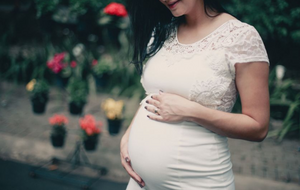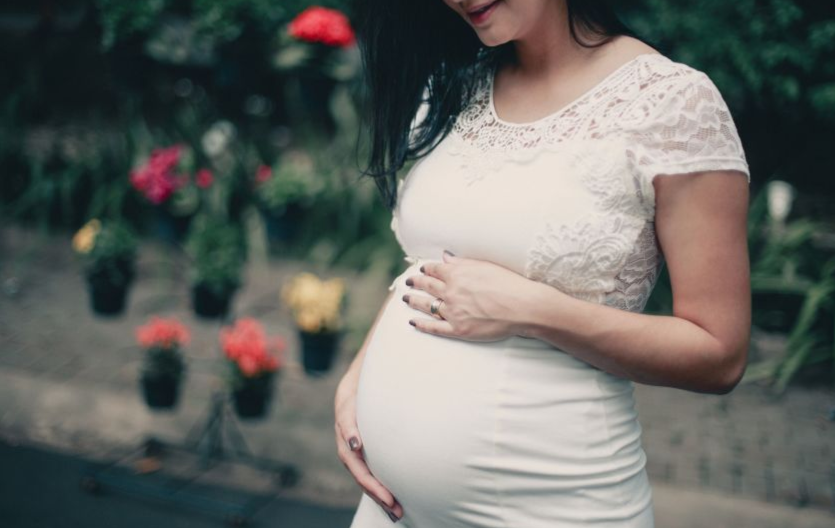Postpartum Urinary Incontinence
November 20, 2019

Postpartum Urinary Incontinence
If you have given birth, you understand the myriad of issues facing a new mother. Lack of sleep, engorged breasts, and emotional highs and lows are just a few. What you may not realize is that many women who have given birth also suffer from postpartum urinary incontinence.
Stress Versus Urge Incontinence
Incontinence affecting women who have recently given birth tends to be one of two types, stress or urge. According to the Mayo Clinic, “stress incontinence happens when physical movement or activity — such as coughing, sneezing, running or heavy lifting — puts pressure (stress) on your bladder.” On the other hand, urge incontinence can be described as the sudden feeling that you need to urinate or the act of random leakage.
In some cases, urinary incontinence appears years after the birth of a baby. In fact, according to WebMD “Some women do not have bladder problems until they reach their 40s.”
Causes of Postpartum Urinary Incontinence
Obviously, childbirth has considerable effects on the body of the mother. The act of giving birth and the body’s response to recovery can both result in incontinence. The muscles holding the bladder in place may stretch during childbirth, the new location of the uterus post-birth, and changes in maternal hormone levels all may contribute to urinary incontinence. Basically, the bladder is weaker postpartum than it was prior to becoming pregnant. It is not surprising that so many women suffer. That said, these issues often resolve themselves within a few weeks. However, if they seem to be ongoing, it is important to address them.
What Can Help
If you or someone you know is experiencing ongoing postpartum incontinence the first thing they should do is speak with their OB-GYN. The doctor can review the pregnancy and birth identify if there are any are underlying medical concerns.
Separate from this, there are actions those who are suffering can take. First and foremost, women should work on strengthening their pelvic muscles - these get weaker during pregnancy and childbirth. These exercises, called kegels, are simple to do and do not require any equipment. Even better, they truly help!
Additionally, new mothers may also consider some of the strategies that others who suffer from incontinence employ. Consider actions such as avoiding certain food and drink, engaging in regular exercise, and adopting a bathroom schedule. These are non-invasive steps which you can take on your own. It is important to actively address incontinence and to limit the ways in which may affect your daily life
At LIQUAGUARD® we recognize how difficult postpartum urinary incontinence can be to manage, both physically and emotionally. . We appreciate the added stress it can have on a new mother,it can be incredibly difficult and frustrating. We supply a broad range of products to make living with incontinence a little bit easier. Visit our website to see the full array of products we offer. If you have any questions, give us a call. We look forward to helping you determine the best products for your needs, those can help make your life easier.
Share:


